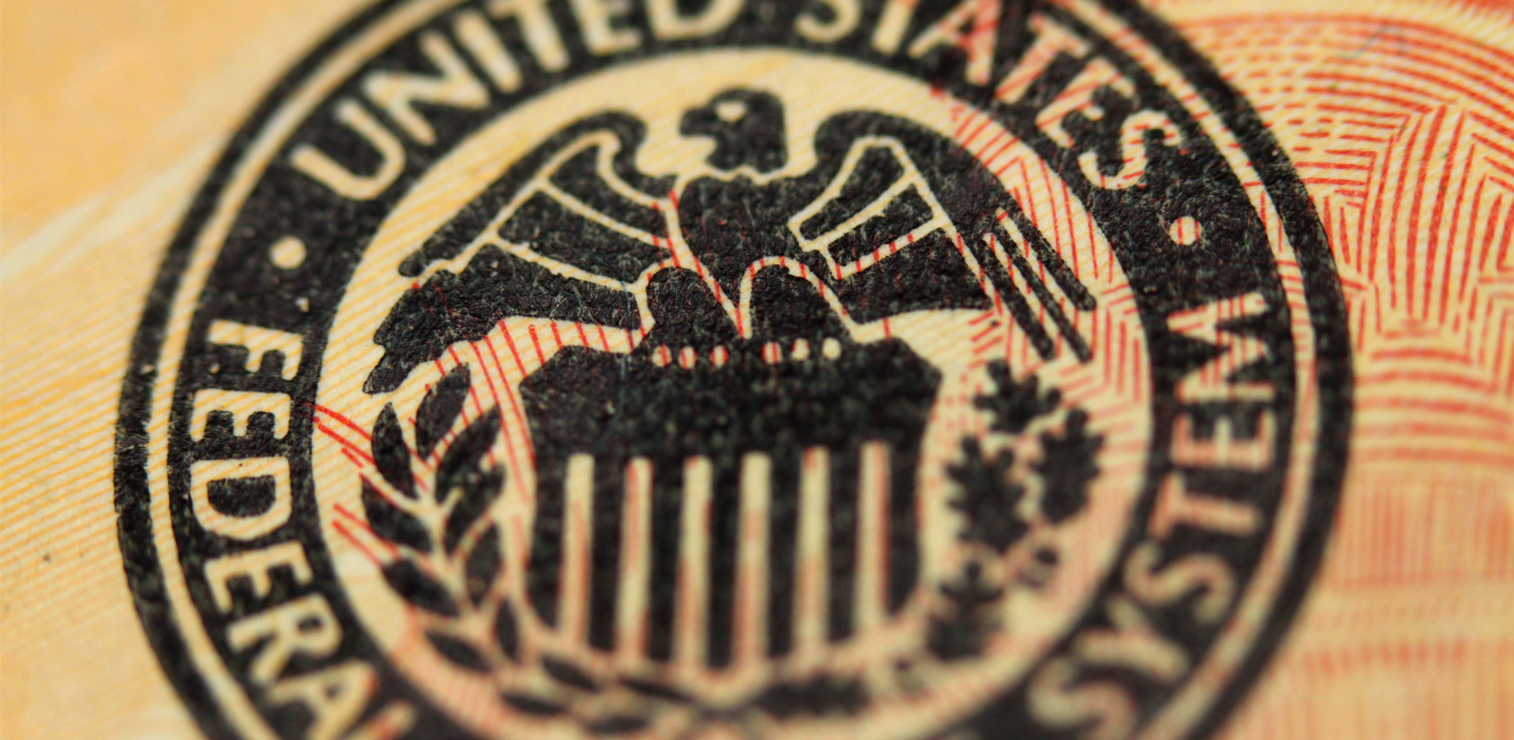
Fraud is causing major losses for merchants
According to dispute mitigation company, Chargebacks911, for every $100 of fraud today, companies are losing an average of $279 during the dispute process. This challenge is tremendous, especially for the rising number of online businesses.
![]()
Studies show that merchants are letting at least half of all chargeback cases go unanswered, which is one of the primary causes of the increasing losses. Chargebacks911 calls these “hesitation costs,” which can be avoided by using services like theirs or others that are third party chargeback specialists that can save companies substantial amounts of money in the process.
What happens when merchants fail to respond?
Failing to respond to chargebacks not only hurts the bottom line, but can lead to more chargebacks, causing a loss in several ways, because when merchandise has already shipped, a buyer is highly unlikely to return an item, and the credit card processor assesses chargeback fees and penalties for every transactions.
A company’s reputation can take a hit, and the ability to process credit or debit cards may be revoked.
Having a strategy in place
Chargebacks911 co-founder, Monica Eaton-Cardone, says that while chargebacks aren’t completely avoidable, having a strategy in place helps businesses minimize chargebacks and their associated risks. For merchants who are contemplating whether or not to hire a chargeback analyst, Eaton-Cardone suggests considering the following:
- Are there enough team members working to prevent chargebacks or fight them?
- Are the designated employees educated about chargebacks?
- Could previous chargeback cases have been handed better?
Three types of solutions are available
Finding a suitable chargeback manager is possible, Eaton-Cardone says, and she notes that they come in three types:
- The first type includes retaining a risk mitigation consultant. This is a qualified individual with ample experience in chargeback processing who can advise or assist in reducing the negative impact of chargebacks. This is a preferred option for merchants already experienced in handling chargebacks. The employees are trained in fighting chargeback cases, but require the consultant’s input on how to proceed in order to generate the best results.
- The second option is to outsource a company that contracts chargeback processing agents who verify the validity of each chargeback, and then formulate a response to be sent to the company’s acquirer (the bank or financial institution that processes credit and or debit card payments) that either accepts responsibility for the botched transaction, or provides proof that the transaction was legitimate.
- The last option is more along the lines of a chargeback system that completely relieves the merchant of the burden of handling chargebacks. These providers have staff members research and analyze cases, and then make an educated decision on how to best settle those cases on the client’s behalf. This is an end-to-end solution.
Eaton-Cardone maintains that the above methods will render chargebacks controllable, leaving merchants free to do what they do best: providing quality services to their customers. In addition, continued Eaton-Cardone, they help merchants avoid the chargeback fees that can range anywhere from $15 to $100 per transaction.
“With all of the details that factor into a company’s wellbeing, keeping track of everything in-house is extremely difficult,” said Eaton-Cardone. “The last aspect of your business that you want to slack on is the finances and hiring a chargeback specialist takes the guesswork out of the equation.”
Marti Trewe reports on business and technology news, chasing his passion for helping entrepreneurs and small businesses to stay well informed in the fast paced 140-character world. Marti rarely sleeps and thrives on reader news tips, especially about startups and big moves in leadership.









































